Forum
The 2021 Goyang City Forum
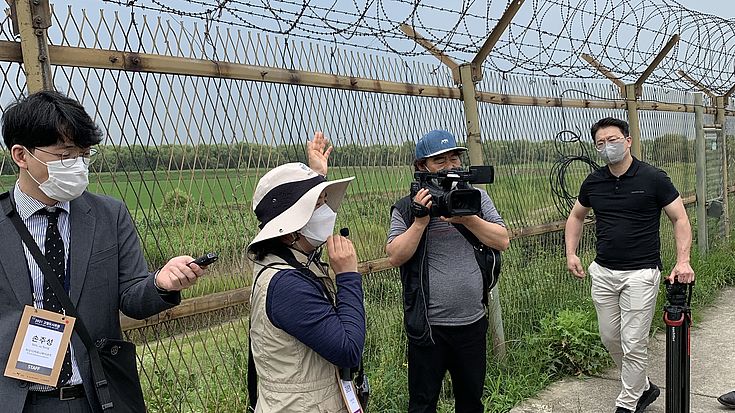
On the first day of the event, participants were taken on an extensive tour around Goyang, with the goal to introduce the different initiatives for ensuring a sustainable future for the city. The local government is taking steps to defend and restore the urban ecology of the area. For example, the Janghang Wetland acts as a carbon sink for the local environment and a habitat for various types of wildlife, such as the bean goose and the large egret. The wetland also acts as a breeding and wintering site for some of the migratory birds of the Korean Peninsula. The local government is actively attempting to diversify the flora of the area and in addition, volunteer groups maintain rice fields that act as food sources for the wildlife. The Janghang Wetland Bird Watching Place offers its visitors equipment to observe birds and other wildlife through the lookout on the second floor. The Janghang Wetland in Goyang was Registered as the 24th Ramsar Site of Korea in May 2021.
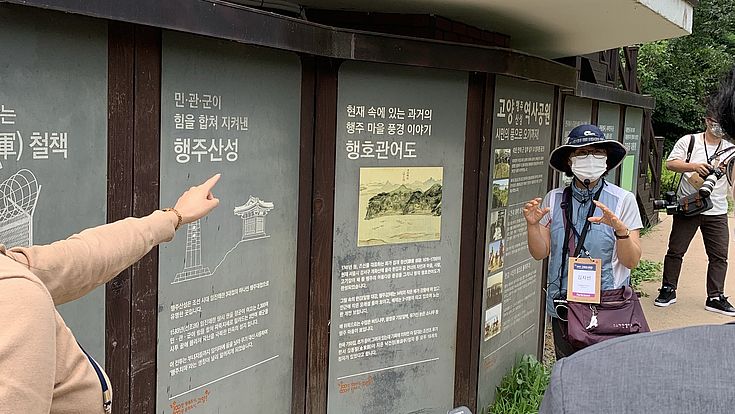
The next stop for the local tour was on the shore of the Han River, at the Haengjusanseong Historic Park. The area was previously a heavily militarized zone, with a long stretch of barbed wire along the water and a strategic guard post providing a clear view over the river. The area was turned into a public park in 2016. Similar to the Janghang Wetland, the Goyang government is leading and supporting projects to increase the biodiversity of the area, such as increasing the variety of plants that provide sustenance for the local wildlife. A small visitor center introduces guests to some of the wildlife living in the river and surrounding forests, such as raccoon dogs, crabs, and various species of fish. The old guard post is now open for all visitors of the park, and the park serves as a symbol of peace and unification.
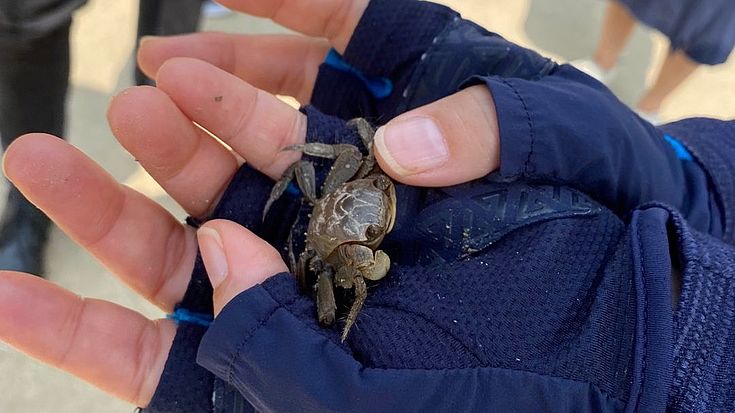
As the last stop for the first day of the event, participants were introduced to the Goyang Daedeok Ecological Park, which was another example of the city’s environmental initiatives. The park thrives with easily noticeable wildlife, especially terrestrial crabs of the Sesarmidae family, which are easily spotted, as they hastily move in and out of little holes in the mud. The park acts as a great display of balanced coexistence between humans and wildlife. On the second day, the participants were introduced to a “zero-carbon green home”, built in Goyang in 2012. When compared to conventional apartment houses built in South Korea, the building saves its residents near 80% of regular utility costs. The construction utilizes various green technologies, such as solar panels, high-performance windows, and improved insulation systems.
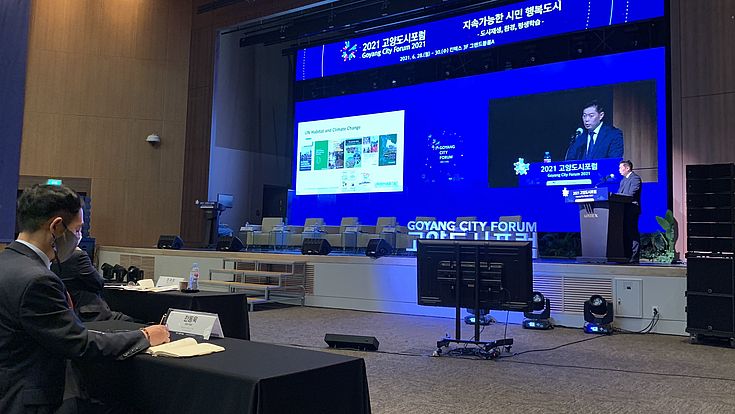
The final day of the 2021 Goyang City Forum brought participants together at the KINTEX exhibition center. Professionals of various backgrounds gave presentations and talks to discuss environmental issues at a local and international level. The first speech was given by Dr. Nam Jonghyo of the United Nations Human Settlements Programme (UN-Habitat). Dr. Nam introduced some of the functions of the UN-Habitat, for example, support for environmentally friendly and sustainable cities. The focus areas operate within the objectives of the Paris Agreement and the Sustainable Development Goals. “Political will is critical for moving forward”, said Nam, as he criticized the lack of meaningful change led by world governments. He also added that building operations cause 28% of all carbon emissions and new, low-carbon construction methods must be adopted quickly.
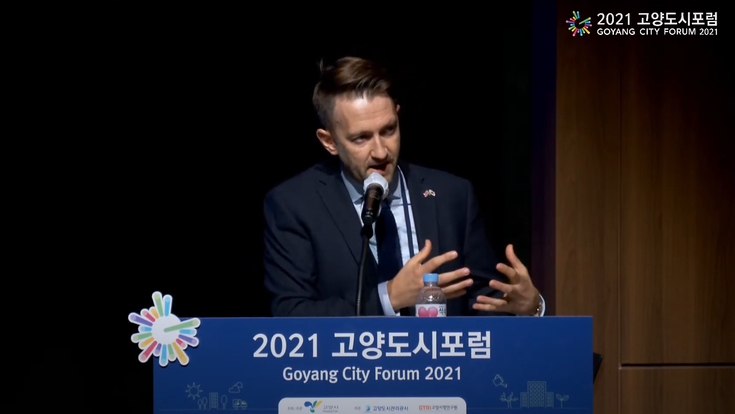
Mark Buttigieg, the Economic and Prosperity Counsellor at the British Embassy Seoul took the stage next. He continued on the topic of climate change on a global level, where he introduced the 2021 United Nations Climate Change Conference (COP26) being held in Glasgow at the end of this year. COP26 aims to observe the process the signees of the Paris Agreement have made so far and to create “enhanced ambition” moving forward. According to Mr. Buttigieg tackling climate change is Britain’s most important goal and the current COVID-19 pandemic could become insignificant in comparison to the issues we’re heading toward in the near future. Mr. Buttigieg shared extremely alarming climate facts with the audience and called for greater ambition from world governments. He also challenged South Korea to increase its efforts and follow through on its 2030 climate goals. South Korea remains very reliant on coal power.
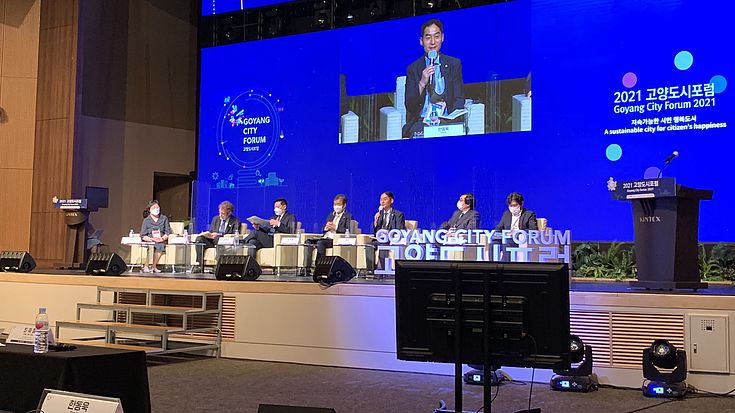
The final speaker was Doug Watkins, Chief Executive of the East Asian-Australasian Flyway Partnership (EAAFP). Mr. Watkins spoke about the importance of biodiversity and community engagement in the larger picture of climate change. After introducing the goals of the EAAFP and its projects, he introduced the Janghang Wetland Ramsar Site - South Korea’s latest addition to its now 24 sites. The Janghang Wetland has five key habitats - open water, tidal flats (sand and mud), reed beds, willow woodlands, and farmlands. The speakers closed with a joint panel discussion on the topics covered by the speakers.
